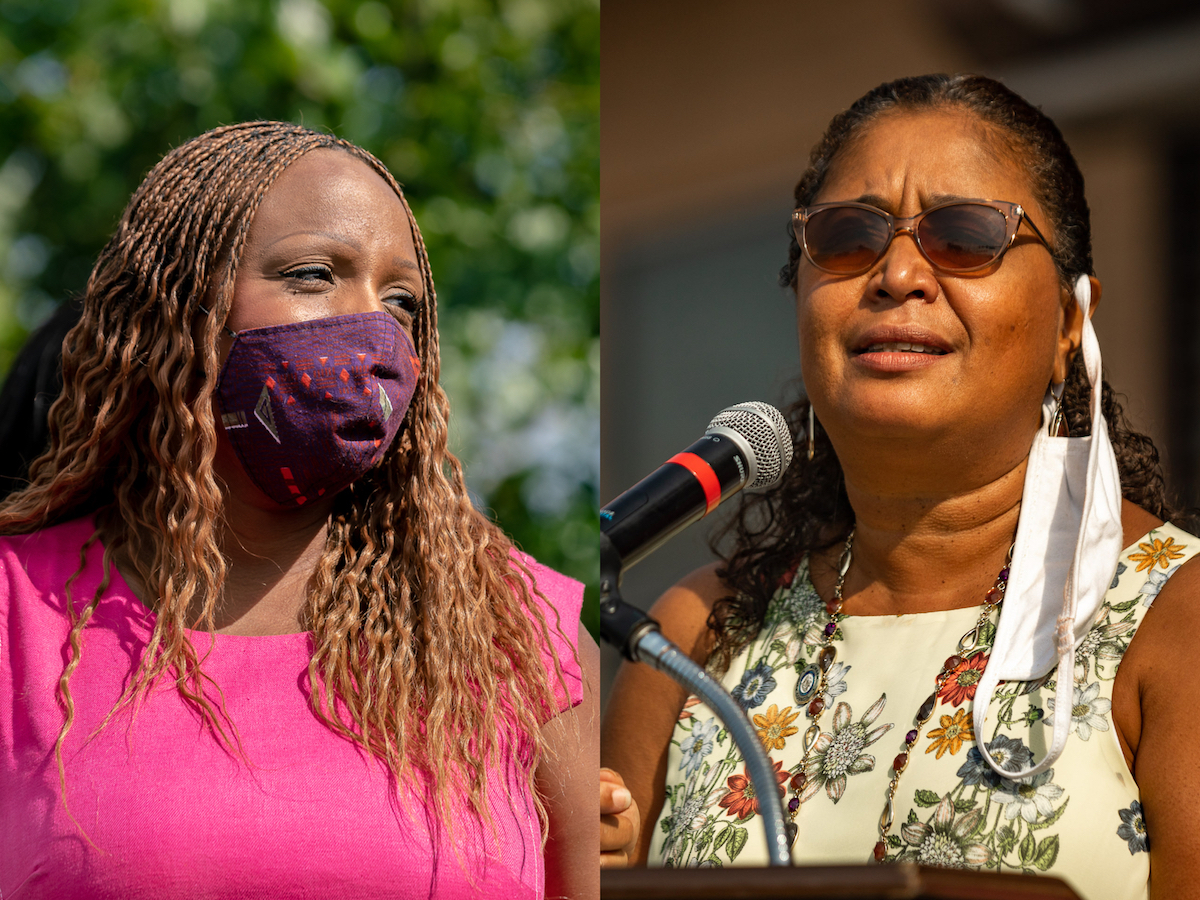
Now Philly law: 50-year mixed-income housing overlays
The bill from Councilmembers Jamie Gauthier and María Quiñones-Sánchez is the city’s first-ever mandatory inclusionary zoning legislation.
Back on Monday, Nov. 15, the bill officially called the Mixed Income Neighborhoods Overlay Bill passed out of Philadelphia City Council’s Rules Committee.
From Councilmembers Jamier Gauthier and María Quiñones-Sánchez, the bill would implement a 50-year overlay boundaries around certain tracts in District 3 and 7 that require any new development of 10 or more units to be 20% affordable housing.
For rentals, that means tenants must be able to afford living there making 40% of area median income (AMI). For owner-occupied households, the threshold is 60% of AMI. Philadelphia’s AMI is $94,500 a year.
In a tradeoff to requiring a certain amount of affordable housing, prospective developers would be granted more rights like additional property height and reduced parking requirements.
Developers can also apply for a waiver through the Department of Planning and Development to transfer 5% of the required affordable housing to offsite units or turn it into a contribution to the Housing Trust Fund.
RELATED CONTENT
Started more than 10 years ago, the Housing Trust Fund is a city-run entity to aid in the construction of new affordable housing, preservation of existing homes, and prevention of homelessness, among other needs surrounding housing.
Gauthier and Quiñones-Sánchez previously described the Mixed Income Neighborhoods Overlay Bill as another tool in the chest of fighting housing insecurity in Philadelphia.
The current Philadelphia Zoning Code offers a program to incentivize affordable housing construction, but it is optional and they don’t have to go up in neighborhoods where development is happening at the moment.
The bill prioritizes new development areas as places where affordable housing units can and now must go up in certain areas of District 3 and 7.
“The continued growth of our city is important, but it’s unacceptable if it comes at the detriment of vulnerable Philadelphians,” said Gauthier. “With many developers prioritizing profits, regardless of the social repercussions, the best way for us to ensure that affordable housing options remain available in desirable neighborhoods over the long-term is to enact policy change.”
Having passed City Council, the bill now heads to Mayor Jim Kenney’s desk for a signature. It is expected to go into effect six months after the signature.










LEAVE A COMMENT: